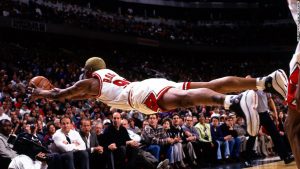Basketball skills and athletic ability are not the only factors that determine a player’s basketball market value or career potential – mentality, professionalism, and overall attitude are equally important.
Teams quickly find out if a player works on his skills during the offseason, if he stays in shape, and if he is passionate about his profession.

Teams will contact the player’s previous teams and coaches to ask about his attitude. Was the player on time for practices and games? Was he disciplined on and off the court? Was he a motivating factor or did he exhibit bad body language when the going got tough? Did he outwork everybody during the practices, or was he cherry-picking?
When a basketball player resume shows too much job-hopping within the same season, teams tend to back off. They prefer players with stable careers who stay with their teams an entire season versus players who play in short stints and have periods of inactivity. On the same note, players who constantly change agents — or who work with multiple agents — are not looked at positively.
Last but not least, teams also look at the resume of the player and draw their own conclusions about his attitude. Teams prefer players who are conscious about their career planning and who choose the best situations with the most potential, rather than just the highest paying jobs. Players with multiple stints in exotic leagues where the competition level is low (but the pay sometimes high) will turn off many teams.
Yes, it is true that players make a living playing basketball. They have families to feed and teams understand that however they don’t want players only motivated by money. They prefer players who are ambitious and who have a genuine love and passion for the game.
